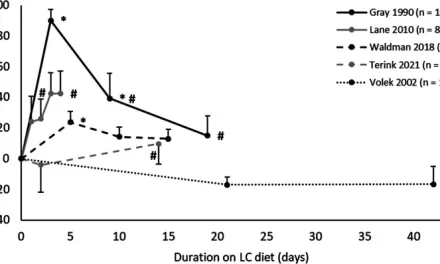Tokyo, Japan – A groundbreaking study by a team from Toho University’s Faculty of Medicine has sparked a renewed debate over the role of fortified foods and dietary supplements, commonly referred to as “health foods,” in the Japanese diet. Led by Professor Keiko Asakura and Assistant Professor Minami Sugimoto, the research delves into the dietary habits of the Japanese population based on data collected in 2012. The findings, published in the journal BMC Nutrition, offer critical insights that may influence future health policies aimed at improving nutritional intake across the nation.
The study reveals that individuals who regularly consume fortified foods and dietary supplements tend to have a higher intake of essential vitamins and minerals compared to those who do not. Specifically, users of these products not only consume more nutrients from their base diets—defined as their dietary intake excluding these additional foods—but also show a greater likelihood of meeting the adequate intake levels established by dietary reference standards.
Among the significant findings, the research highlights that fortified foods and dietary supplements effectively contribute to the adequate intake of certain vital nutrients for their users. This suggests that these products can play a beneficial role in addressing nutritional deficiencies within the population.
However, the study also raises concerns regarding the potential risks associated with excessive consumption of health foods. Notably, approximately 2% of users were found to be at risk of exceeding the recommended intake levels of vitamin B6. This finding serves as a cautionary note, indicating that while fortified foods and supplements can enhance nutrient intake, they must be consumed judiciously to avoid adverse health effects.
The insights gained from this research are expected to inform health policies in Japan, particularly in initiatives aimed at enhancing the overall nutritional status of the population. As dietary patterns evolve and the market for health foods continues to expand, the implications of this study underscore the importance of balanced nutrition and informed consumption.
For further details, refer to the article “Contribution of fortified foods and dietary supplements to total nutrient intakes and their adequacy in Japanese adults,” by Minami Sugimoto et al., published on September 27, 2024, in BMC Nutrition. DOI: 10.1186/s40795-024-00935-w.











